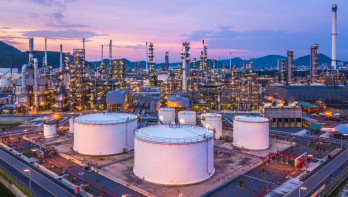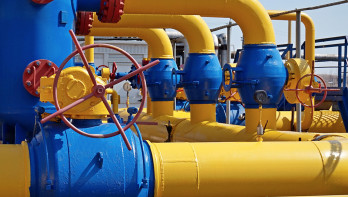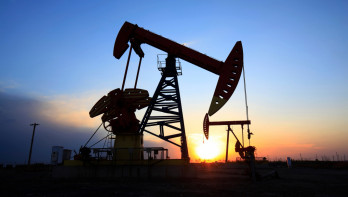Kasper Walet
Gap between political dream and stubborn reality
I am certainly not opposed to the energy transition, but I do observe that there is a significant gap between what politicians want to achieve and what is feasible in practice. Think of the mandatory electric heat pump (now scrapped by the new coalition), 'off gas' homes everywhere (so far almost completely failed), and the unsustainable net metering scheme for solar energy.
Just a few examples where the practical implementation clashes with the politicians' dream images. But certainly not the only ones. I recently read in Het Parool about the installation of four to eight wind turbines in Amsterdam. A story that is very amusing for the rest of the Netherlands, but a nightmare for those involved.
There is a political law that says: 'those who plant wind turbines will reap a storm'. Plans for wind turbines often result in intimidation, suspicions, and vandalism. Something that until recently did not seem to apply to Amsterdam. But that has now changed. Progressive, environmentally conscious Amsterdammers have been voting massively for wind turbine-friendly parties like GroenLinks and D66 for years. But that enthusiasm disappears as soon as it comes to wind turbines in their own neighborhood. In the IJburg district, where many affluent GroenLinks and D66 voters live, the mood changed when wind turbines were planned right in front of their neighborhood in the IJmeer. Immediately, concerns about noise pollution, health damage, nature, and annoying flickering light took precedence.
Gap between rich and affluent
As a result of these protests, this location, as well as a location along the A10 in Amsterdam-Noord, have been dropped. The IJmeer was dropped because it is a vulnerable Natura 2000 area. The A10 around Noord was dropped due to the meadow birds and open landscape. Here, the municipality also took into account that the surrounding neighborhoods are socially vulnerable and already have a high environmental burden due to the highway. An argument that apparently does not apply to a remaining location in Zuidoost. The residents of this district have the lowest income on average within Amsterdam and often have poor health. But according to the Amsterdam city council, these neighborhoods are further away from the locations still under consideration for wind turbines.
At this location, two mega turbines of 220 meters high are supposed to be erected. These turbines will be within 500 meters of homes, within 200 meters of a recreational beach where many Zuidoost residents who cannot afford expensive vacations come, and within 200 meters of the Gaasperzoom nature reserve. Apparently, the arguments that applied to protests from the affluent residents of IJburg do not apply here.
Choice mostly for gas and not electricity
Another example is a report that tenants are still mostly getting new gas boilers to heat their homes. Nine out of ten times, housing corporations choose gas again when replacing a boiler, not a heat pump. According to the corporations, this is certainly not unwillingness, but they simply encounter practical obstacles. For example, apartment buildings are a problem because it is difficult to hang many pumps on the facade. There is also a fear of noise pollution. Many landlords also say that there is not enough manpower to install heat pumps on a large scale. Moreover, there is often no space on the overcrowded power grid to connect large numbers of pumps at the same time. Other sustainable alternatives, such as a heat network, are often (still) not available.
The last example I want to share is about Offshore Wind. The success of the energy transition largely depends on whether there is enough green energy to, for example, electrify the industry. But in a recent letter from Minister Rob Jetten to the House of Representatives, it appears that the government's ambition to achieve 35 gigawatts of offshore wind by 2035 is not feasible. There is insufficient material available to bring the wind energy ashore. This is because there is a growing global demand for Offshore Wind, leading to fierce competition for the materials needed to build the parks and connect them to the onshore electricity grid. This can also lead to higher costs, which ultimately we all have to bear.
Virtue points on international climate stages
The above examples are a good illustration of how resistant reality can be and how it can hinder the desired goals of our politicians. But also that politicians often do not adequately consider the economic and social interests of the people concerned. The energy transition should not only be good for the world but also for the Netherlands. It cannot be expected of citizens to pay hundreds of billions of euros until 2050, just for virtue points on international climate stages and solidarity with the rest of the world.

Kasper Walet
© DCA Market Intelligence. Op deze marktinformatie berust auteursrecht. Het is niet toegestaan de inhoud te vermenigvuldigen, distribueren, verspreiden of tegen vergoeding beschikbaar te stellen aan derden, in welke vorm dan ook, zonder de uitdrukkelijke, schriftelijke, toestemming van DCA Market Intelligence.



